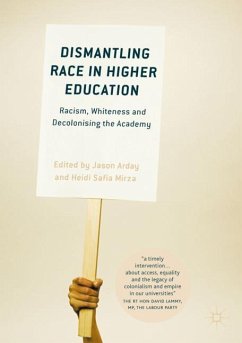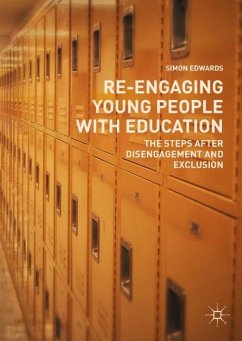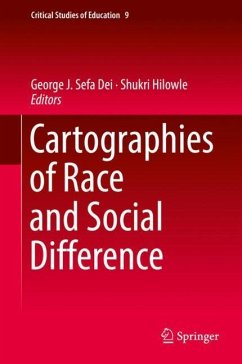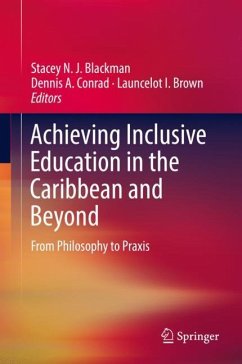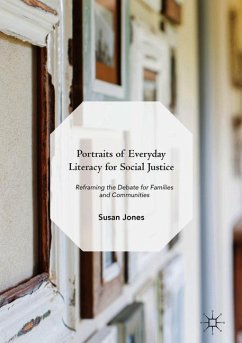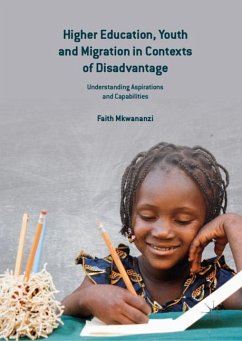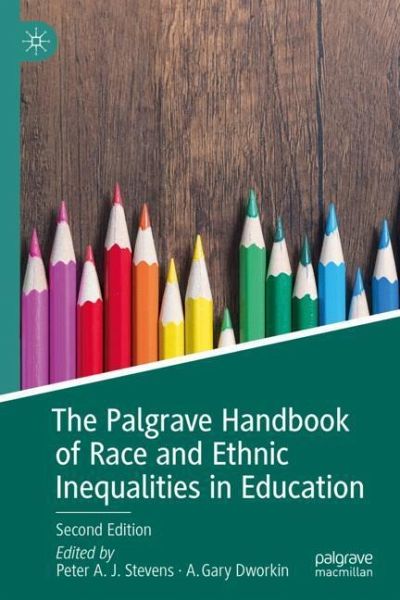
The Palgrave Handbook of Race and Ethnic Inequalities in Education

PAYBACK Punkte
60 °P sammeln!
This authoritative, state-of-the-art reference work builds on its first edition to provide a cutting-edge systematic review of the relationship between race/ethnicity and educational inequality. Studying 25 different national contexts drawn from every inhabited continent on earth and building upon material from the earlier edition, the work analyses educational policies, practices and research on minority students, immigrants and refugees. The editors and contributors explore principal research traditions from countries as diverse as Argentina, China, Norway and South Africa, examining the fac...
This authoritative, state-of-the-art reference work builds on its first edition to provide a cutting-edge systematic review of the relationship between race/ethnicity and educational inequality. Studying 25 different national contexts drawn from every inhabited continent on earth and building upon material from the earlier edition, the work analyses educational policies, practices and research on minority students, immigrants and refugees. The editors and contributors explore principal research traditions from countries as diverse as Argentina, China, Norway and South Africa, examining the factors promoting social cohesion as well as considerations regarding the use of international test score data. Seamlessly integrating findings of national reviews, the editors and contributors analyse how national contexts of race/ethnic relations shape the character and content of educational inequalities, and deftly map out new directions for future research in the area.
Global in its perspective and definitive in content, this one-stop volume will be an indispensable reference resource for a wide range of academics, students and researchers in the fields of education, sociology, race and ethnicity studies and social policy.
Chapter 20 of this book is available open access under a CC BY 4.0 license at SpringerLink (https://link.springer.com/chapter/10.1007/978-3-319-94724-2_20)
Global in its perspective and definitive in content, this one-stop volume will be an indispensable reference resource for a wide range of academics, students and researchers in the fields of education, sociology, race and ethnicity studies and social policy.
Chapter 20 of this book is available open access under a CC BY 4.0 license at SpringerLink (https://link.springer.com/chapter/10.1007/978-3-319-94724-2_20)






